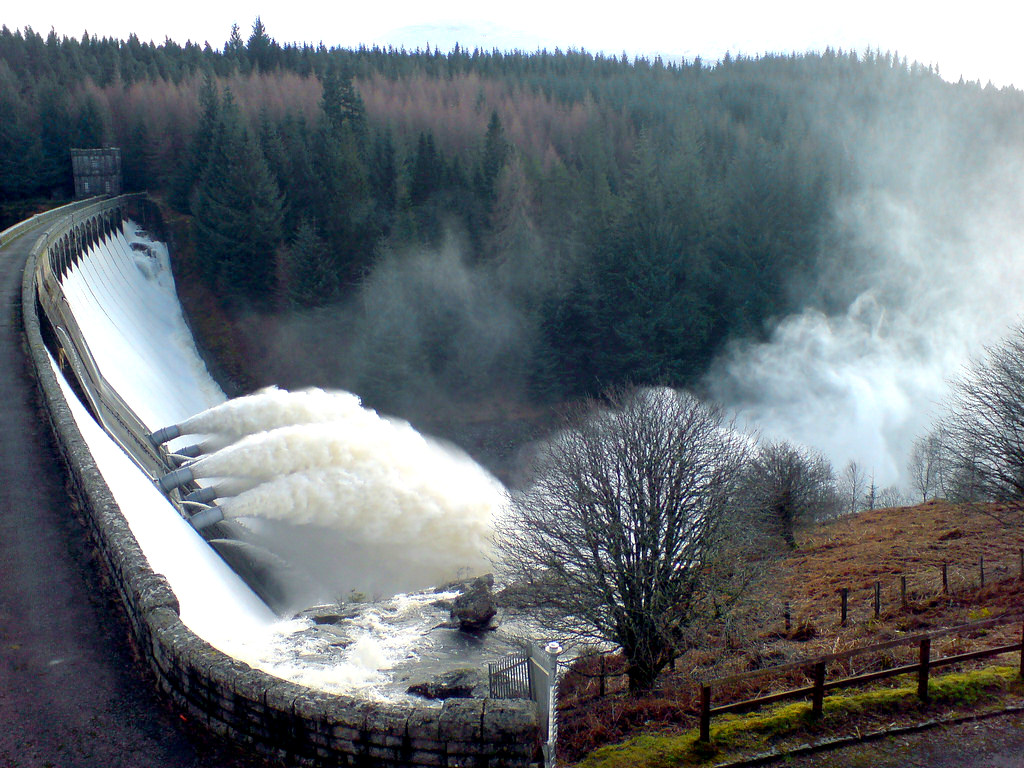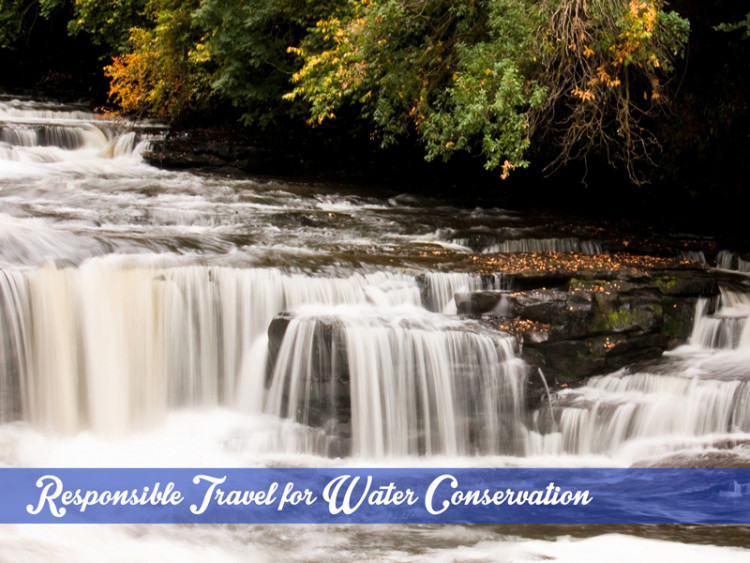‘This is edited/ enhanced version of my original article that was published in The Alternative in April 2014.’
As a traveller, we see and are in awe of the varied terrains of the Indian subcontinent. It varies from the mighty Himalayas to the rustic brown desert in Rajasthan and gushing oceans of the coastal region. Behind this floral screen, there is a hue and cry. In their own language, the mountains, the deserts, and the oceans speak to us and want us to listen to them. This story is on the impact of irresponsible use of natural resources, and how responsible travel leads to water conservation.
The Mountains
I studied hydroelectricity in science as reusable and one of the cleanest forms of energy. I would have continued to believe, had I not started travelling and speaking to locals where such projects have been executed.
The Himalayas in Uttarakhand are especially vulnerable because they are newly formed and hence unstable. When I visited Munsiyari, locals spoke of how much they had to fight to put on hold a hydroelectric power plant over “Gori Nadi”. That power plant would have destabilized the environment more than the electricity it would have produced.
Unlike Majuli Island in Assam, where the dam over Subansiri River has already destabilized the flow of Brahmaputra, the residents of Munsiyari were more privileged and took a stand for themselves.
Larger Impact: Unplanned construction of hydroelectric projects lead to diversion of rivers from their natural flow, causing floods in agricultural land. This leads to shortage of crops for humans and animals. It also damages the quality of soil by water logging and salinization, rendering the top soil unfit for irrigation. The locals may have to import daily goods from outside in large quantities disrupting the economic balance.
Contribution as a traveller: A traveller can educate the local society or guide them to look at a larger perspective. As a traveller, you can volunteer with organizations like Ladakh Ecological Development Group that are working towards sustainable development in Trans Himalayan region.

—
The Sea
All that lies within an ocean can never be known, yet it often reveals to us its secrets. With every wave it throws out its jewels like sea creatures, sea shells, and more often human trash.
While travelling to Gopalpur in Orissa, I saw a couple walking on the beach hand in hand, and enjoying a cone of ice cream. Lost in love, they did not realize when they threw the wrapper on the beach. By evening, the beach was filled by such gifts from humans.
Larger Impact:
The ocean as a whole works in a cycle, where nutrients from its depths are churned upwards and consumed by phytoplanktons. Phytoplanktons are microscopic single celled organisms that live on the surface of oceans. They are the origins of all organic compounds and higher forms of marine life. When these phytoplanktons die, they sink and disintegrate on the way releasing the nutrients back into the ocean. Ocean debris like Styrofoam soaks up these nutrients.
For those who do not care much about marine life, here is a direct impact on humans. Polyethene bags have been found inside dead fish and turtles. Once the plastic, Styrofoam, or any other non-biodegradable form of waste enters the marine life, it directly enters the human food chain as well, causing birth disorders and cancer.
Contribution as a traveller: Demand fuels supply. Wipe out the demand by not buying that ice cream wrapped in plastic wrapper from a vendor on the beach. Carry one water bottle that can be refilled, or use alternatives like coconut water. Increase the demand of items wrapped in paper or natural material like leaves.

—
The Desert
People living in desert or arid terrain have been responsible towards conserving water as they know its value more than others. Plants and animals have naturally adapted themselves to store water and use it minimally as needed.
When it comes to unsustainable growth of tourism, a large concentration of people in one place takes its toll on the already low water table.
Larger Impact: In areas where the water table is low, it is necessary to keep the settlements distributed. Avoid larger metropolitans that demand huge supplies of water. Large amounts of water pumped out of the ground can lead to subsidence, or collapsing of land.
Contribution as a traveller: Use water judiciously in daily activities like bathing. Find alternate places to stay like homestays rather than big hotels that mostly use resources inefficiently. Skip big cities often and diversify areas to travel, thus reducing massive pressure to deliver your needs.

Our ancestors said, “The best way to live is to observe nature, learn from it, and sync your ways of living with how nature operates.” Now that we have done all the mischief, it is time to listen to them.
Travel with me on Facebook, Twitter & Instagram
Feature image: Papa Piper, Flickr CC
Related Articles –
Unsustaible development, environment & heritage impact in Daman
Responsible Travel – Cycling in European cities
How Responsible Travel reduces carbon footprint
Gaurav BhatnagarSoftware Engineer turned Travel Writer, Photographer, and Public Speaker on Responsible Travel. Entrepreneur in Responsible Rural Travel @ www.thefolktales.com
|









This is a great write up. I recommend it to every traveler. There’s so much we all can contribute to.
Hope to read more such write ups.
Yes, I keep on writing about such issues.